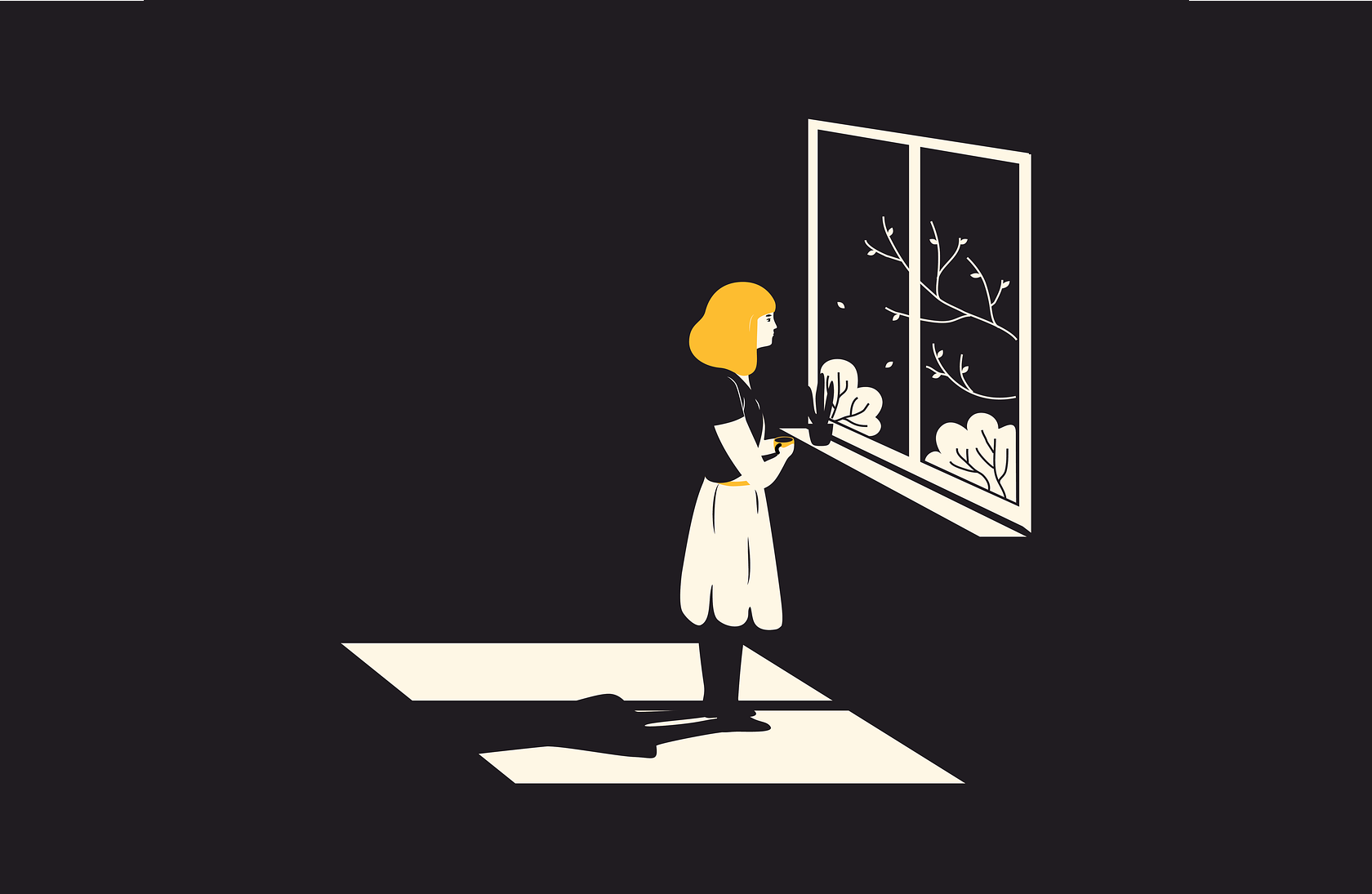News release
From:
Why are night owls at greater risk of depression?
Study of students suggests that differences in mindfulness, sleep habits, and alcohol use could help explain higher rates of depression in people who stay up late
Mindfulness, total sleep quality, and alcohol consumption may help explain why people who stay up late have a greater risk of depression, according to a new study publishing March 19, 2025, in the open-access journal PLOS One by Simon Evans of University of Surrey, UK, and colleagues.
Previous research has shown that night owls who stay up late, called “evening chronotypes,” have more depression symptoms than people who are early risers, or “morning chronotypes.” In the new study, Evans and colleagues collected data from 546 university students using an online questionnaire. The data included self-reported information on the students’ sleep patterns, mindfulness, rumination tendencies, alcohol use, and depression and anxiety levels.
The study confirmed that people with an evening chronotype were at a notably higher risk for depression and that the association could be explained by differences in mindfulness, sleep quality, and alcohol consumption. On average, evening chronotypes had poorer sleep quality, higher alcohol consumption, and acted with less mindfulness than morning chronotypes.
The study was limited in its ability to prove cause-and-effect because of its cross-sectional design which relied on data at only one time point. In addition, the findings may not apply to age groups outside of the university students included in the study.
With those caveats in mind, the authors conclude that interventions aimed at mindfulness, sleep and alcohol use might have the potential to reduce depression risk, amongst young adults in particular.
The authors add: “With many young adults’ experiencing poor mental health, these study findings are particularly important—many young adults tend to stay up late and the results point to how interventions could be implemented to reduce their risk of depression.”



 International
International



